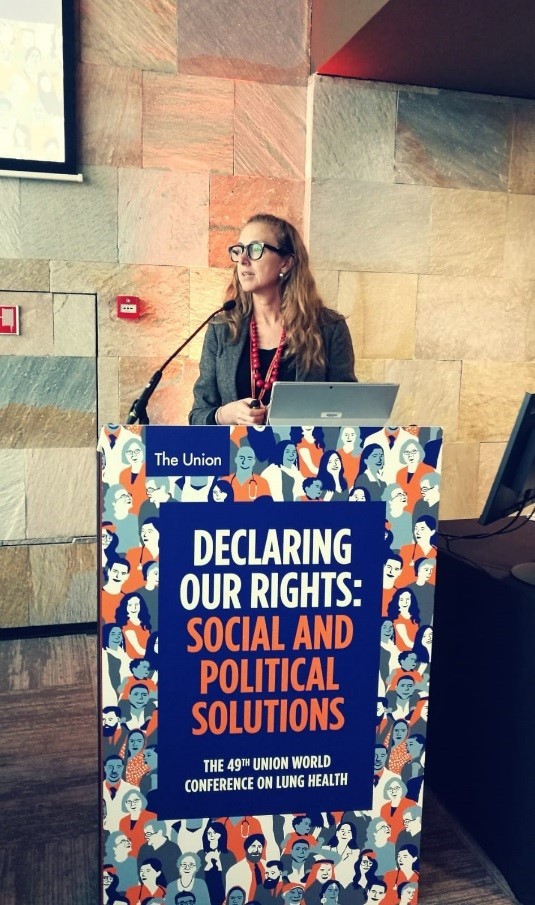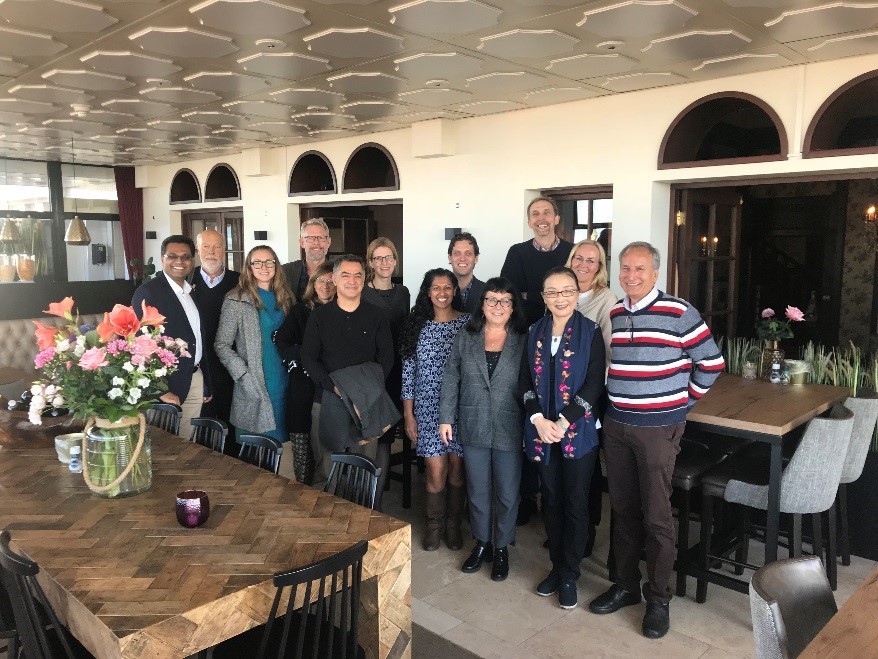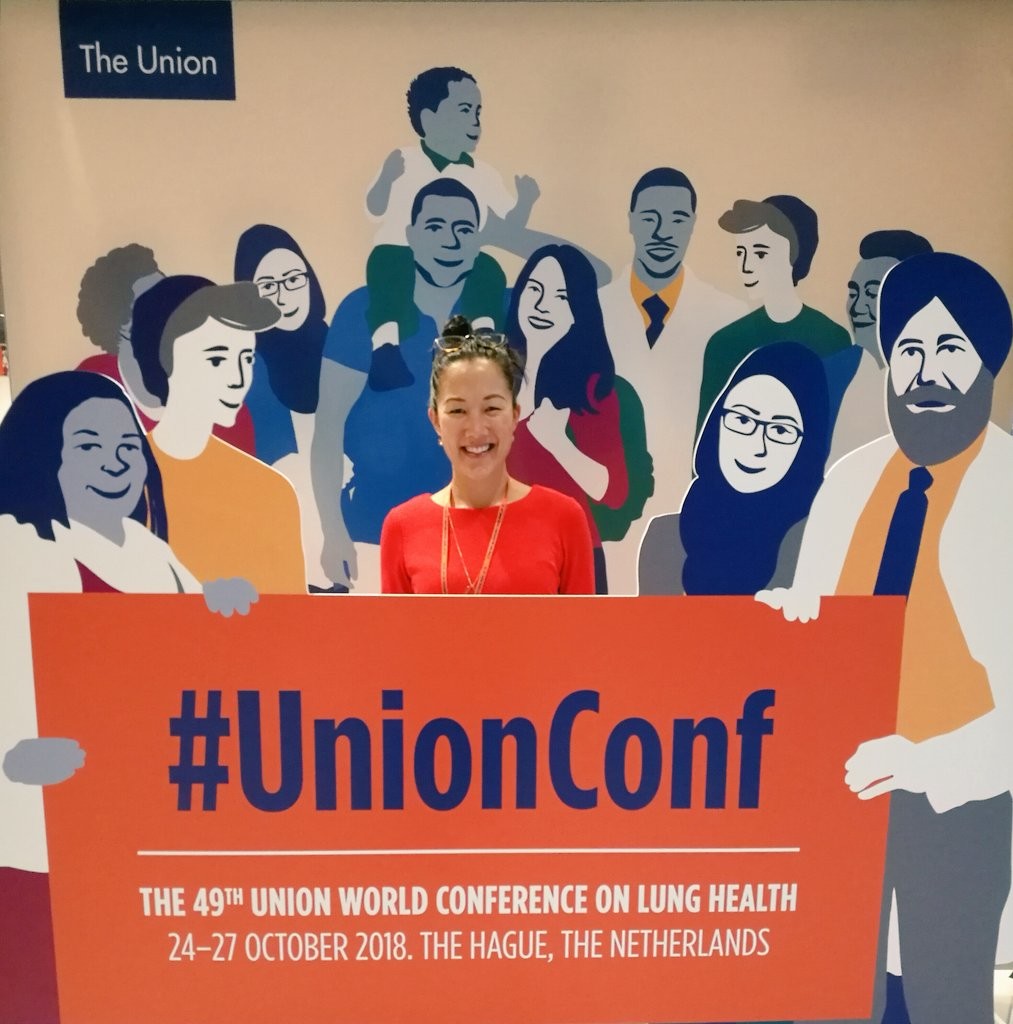18
Apr
Highlights from the 49th Union World Conference on Lung Health
18 April, 2019
The 49TH Union World Conference on Lung Health took place 24–27 October 2018, in The Hague, Netherlands. The event convened more than 4,000 clinicians, public health workers, policy makers, researchers and advocates and featured more than 1,000 scientific presentations, abstract sessions, plenaries, symposia, workshops, satellites and a Community Space open to the general public. The message was: “Declaring our rights: social and political solutions“.
SPARKS Network was well represented at the conference with informative presentations and active discussions by our members.
Olivia Biermann, doctoral researcher, presented preliminary data from one of her PhD studies in a symposia on active TB case finding titled: Reaching all of those in need by extending active TB case finding in the community. Olivia’s work is also part of the IMPACT-TB project on active TB case finding in Nepal and Vietnam.
Tom Wingfield gave an oral presentation on long-term outcome data from a randomised controlled trial of socioeconomic support for TB-affected households in Peru, which will be adapted in Nepal and Mozambique for the multi-country “Beyond TB” trial in the coming years with support from SPARKS network.
 Kerri Viney, postdoc, convened and presented in a post graduate course titled: An introduction to national TB patient cost surveys, in collaboration with colleagues from WHO, an activity aligned to the work of the SPARKS network.
Kerri Viney, postdoc, convened and presented in a post graduate course titled: An introduction to national TB patient cost surveys, in collaboration with colleagues from WHO, an activity aligned to the work of the SPARKS network.
Professor Knut Lönnroth presented the E-Detect project and a newly established multi-country database on latent TB screening and management for migrants in EU-countries in two different scientific symposia.He also participated in the E-Detect Expert Stakeholder Meeting where representatives form National Public Health Agencies developed a toolkit for national TB plan development in low-incidence countries.
A one-day seminar was organized to identify gaps in knowledge for control strategies of MDR / XDR TB and to suggest and discuss important research questions to address them, with leading experts from the WHO, the supranational reference labs, universities and high burden countries.

